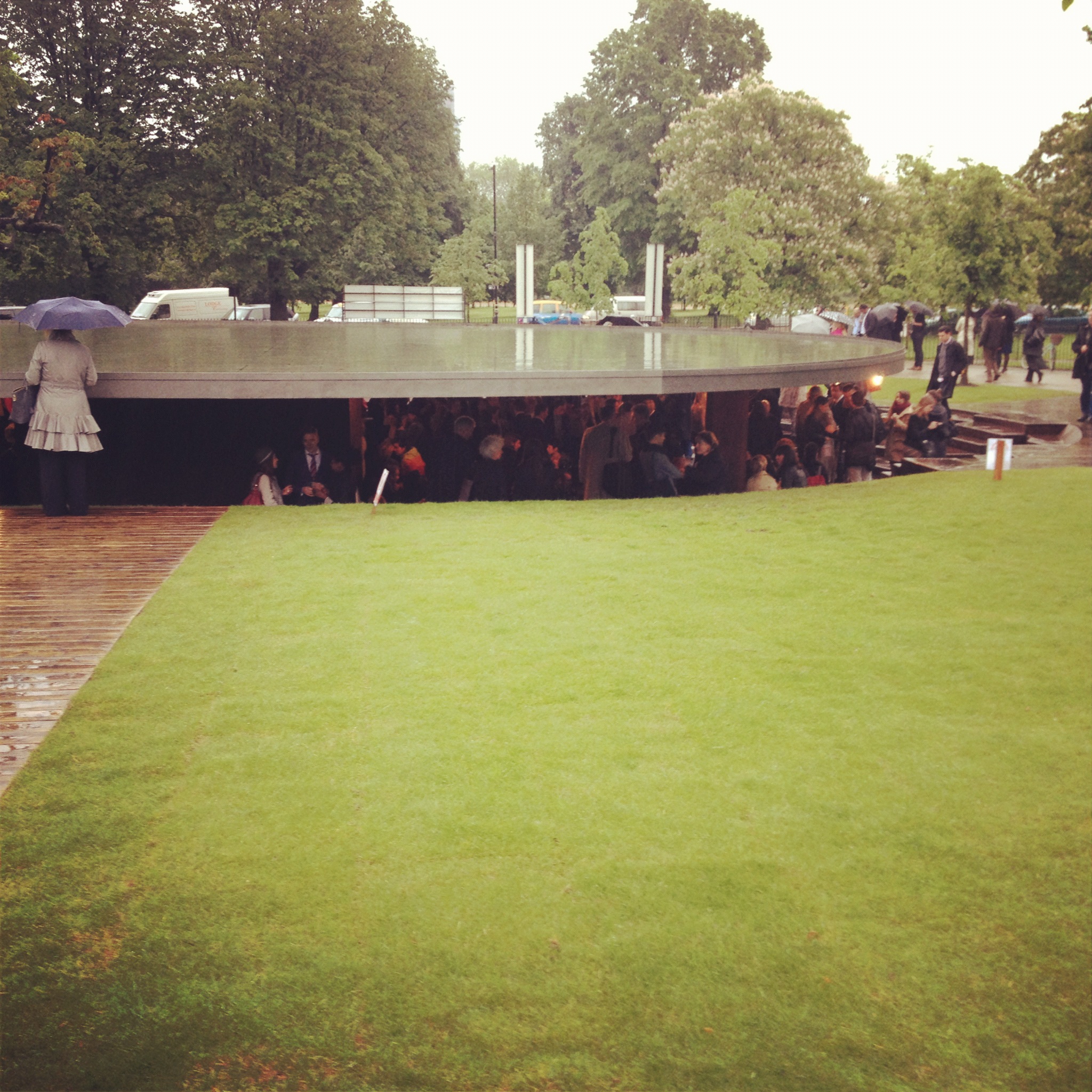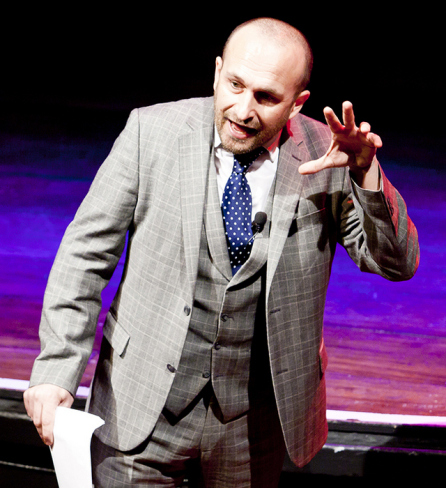Bathtub 2 Boardroom
In the context of starting a business, clearly, the Eureka moment is a myth. Everything has been done before. People have licked every frog. In Gogol's Dead Souls, the anti-hero collects the names of perished serfs and sells them – a crooked 19thC version of selling lists. As Simon Woodroffe quoted Felix Dennis:

'Ideas? We've had 'em, since Eve met Adam, but take it from me Execution's the key'
So what advice from our speakers on how to clamber out of the tub and make it happen?
Rob Symington, the co-founder of Escape the City, (whose eloquent appearance won him dozens of female admirers) formulated 'Five made-up rules for starting a business with little money and no relevant experience' (see http://blog.escapethecity.org/some-things-were-learning/).
The two most pertinent for me were to define success and to 'make meaning'. As to the former, it is easy to muck around doing things which are enjoyable or seem relevant, but do not contribute to long-term value. So, with ToMax Talks, for example, popularity is not success, however tempting a notion that might be. And, on the flip side, you can drown in a sea of urgent and important-seeming tasks - you can be swallowed up by chaos - if you haven't set out your goals properly. If you know your goals then you recognise your small victories. As Woodroffe put it, if you assimilate 1% each day, then by day 100 you have grasped 100%. But you have to know of what.
Rob's other tip, to 'make meaning', is something Escape the City have done very effectively. They have a manifesto (in short, they want people unfulfilled by their jobs to take back their lives) and Rob joked that his dad once asked if he was starting a cult. His point is that if your business is the sort people might bring up in a pub, then growing the brand is that much easier.
Sarah Hilleary, who abandoned ship at Merill Lynch and started b-tempted, a Gluten-free cake company, perhaps gave the most nitty-gritty advice. She had clearly struggled at times, but come through it flyingly: the cakes are now sold in Fortnums and Masons and Harrods; those who managed to grab one of the brownies dotted around the room could taste why. She stressed the importance of seeking the advice of an expert in your field, and urged caution. Get the legal stuff right and identify how the business can be scaled at the outset. She also recommended having a contingency plan for when things go wrong: 'Last year...I fell off a wall!' she offered tentatively. 'I couldn't bake for months'.
Despite her sometimes shy manner, she has pulled some pretty bold and clever moves. She walked into Harrods with a tray of her cakes, and half an hour later she was upstairs feeding them to the regional buyer like a modern-day Circe. At one stage, she cunningly persuaded a patisserie to lend her kitchen-space by letting them sell her cakes. So don't be afraid to ask.
Simon Woodroffe, the founder of YO!Sushi, stood before us and expounded, extremely amusingly and with artful clownish touches, an unlikely mixture of stark ambition and Eastern philosophy.
On the one hand, he explained, he had dreamt as a child of becoming a millionaire. His story was extraordinary (footage up on our site within the week); it involved him forgetting that childhood ambition for a couple of decades, during which he worked as a set designer for various rockstars, and ended with him concluding the deal to sell YO!Sushi. On his way home from that meeting, as he contemplated how life had changed, it dawned on him that this money would actually be in the cash machine. So he queued up to check (and got verification from the bloke behind him 'Take a cop at that mate!'). Brilliant.
Who wants to hear a modest entrepreneur!
On the other hand, his speech focused on the psychological aspects of setting out to start a business. How do you stay positive, how do you keep that 'impostor syndrome' away, the voice which says 'this could never work, you're a rookie'? Leave your comfort zone bit by bit, he recommended, and you will begin to have confidence. Your comfort-zone expands with each uncomfortable action, like the ripples in a pond.
And once you are wholly focused and obsessed by your project, then things tend come right. 'At the moment of commitment, the universe conspires to assist you' he quoted from Goethe. In his case, during a visit to Japan, he serendipitously came into possession of a manual entitled 'Everything you need to know about starting your own conveyor-belt sushi restaurant'. In my eyes, Simon Woodroffe's most notable quality was his fecundity of ideas and the earnesty with which he treated even the most bizarre ones. He once gave serious thought to a YO! Funeral Company aimed at jazzing up that tired business. Unfortunately, the YO! Bars had already been christened 'YO!Below'. Perhaps the main thing is an enduring sense of fun. When a woman in the audience confessed to visiting YO!Below, he chastised her: 'you naughty girl!'




 Email Article
Email Article 